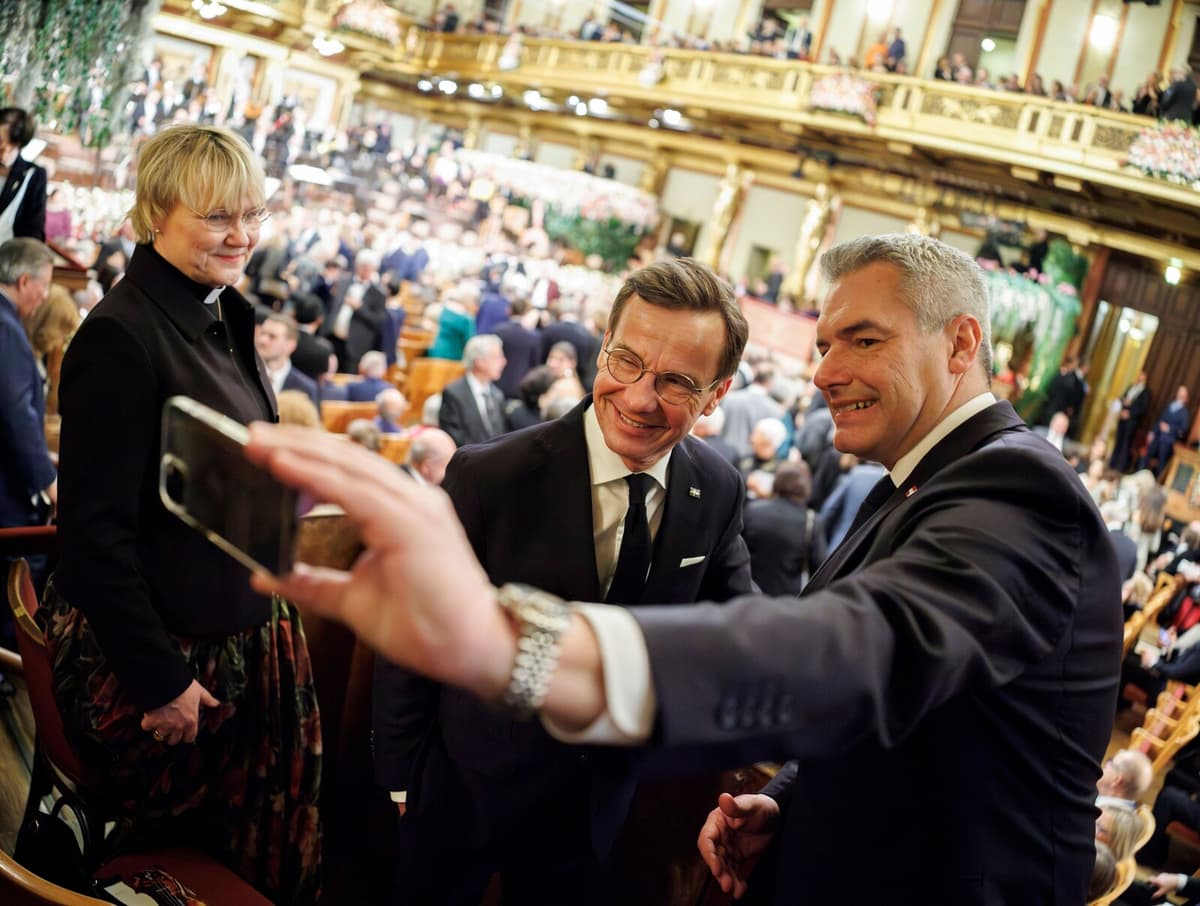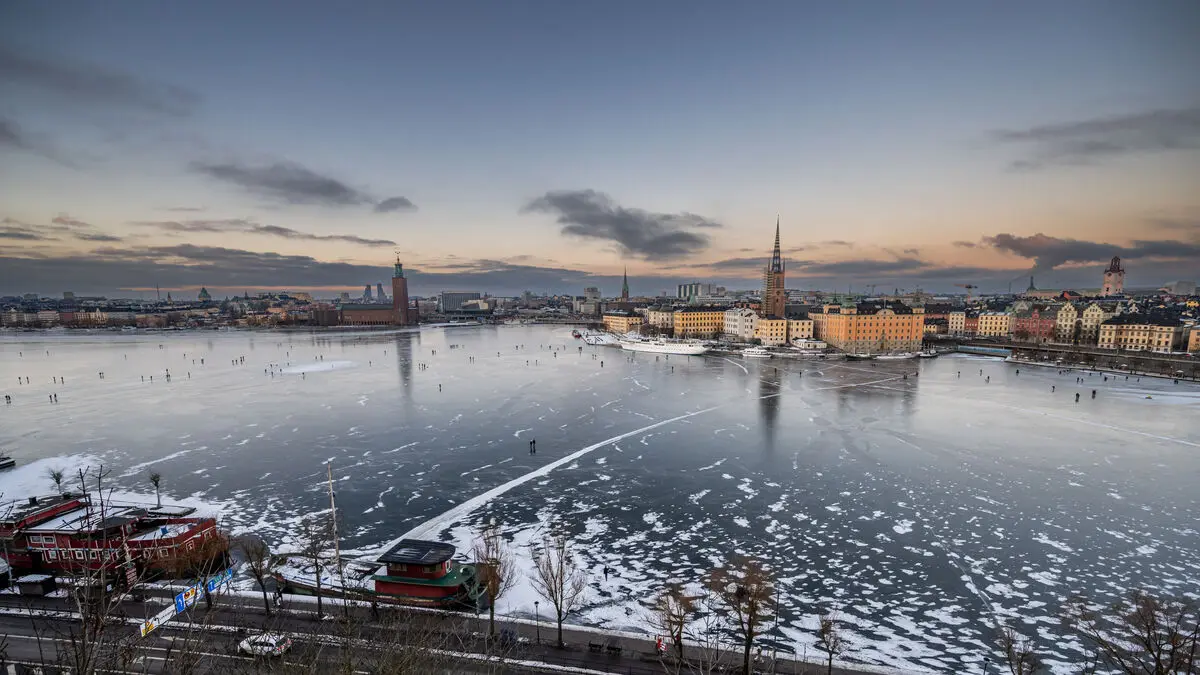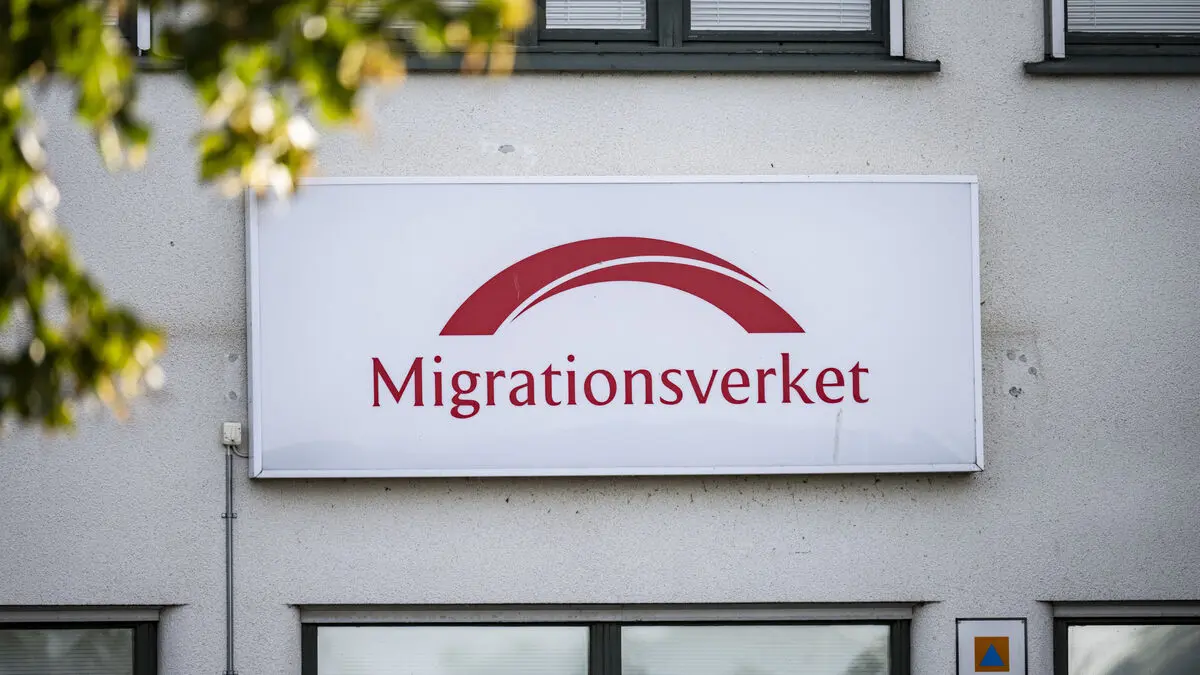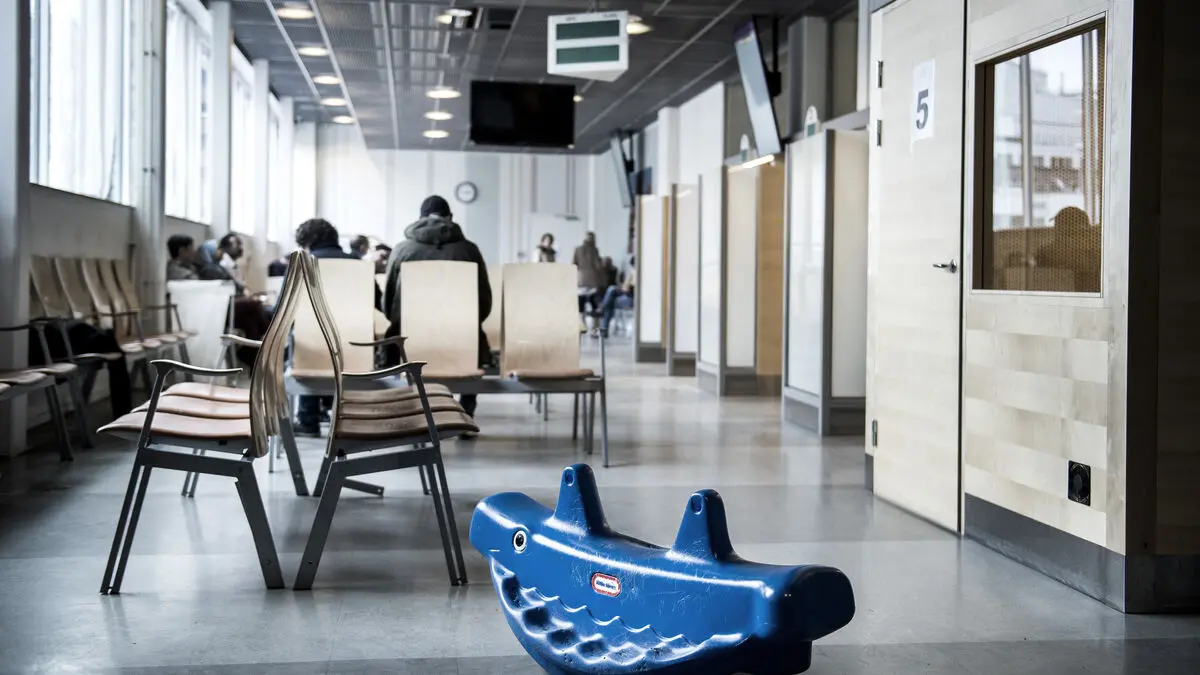Ulf Kristersson is in Austria to discuss migration with the country's Chancellor Karl Nehammer.
The Swedish government has previously backed the desire to create return hubs, a type of center outside the EU where migrants who have been denied asylum will be sent while awaiting deportation.
It's a way of saying we don't accept that there's no difference between a rejection and a yes. It will also reduce the driving forces if you know you have a very small chance, says Kristersson (The Moderate Party).
Many are not leaving
Today, only about 20 percent of migrants who have not been granted asylum in the EU actually leave the union, according to the EU.
These are very high numbers. It sabotages the entire system because it means that the asylum assessment has no significance, but you stay anyway and go underground, creating completely different problems, says the Prime Minister.
If the rules we've used so far aren't enough, then we'll have to change the rules.
Italy's agreement with Albania is seen as an example of how countries outside the EU may be interested in hosting so-called return hubs.
If there are safe countries, then they should be used. It's not like there's a general right to come to a country you want to come to, says Kristersson.
He says that a proposal from the new migration commissioner may be on the table in March.
Amnesty has simultaneously criticized the plans, arguing that they are incompatible with EU law and international law.
These are difficult questions, and you should have great respect for them. But it doesn't help to say "these are difficult questions and we're doing nothing about it", it won't work, says Kristersson.
Taking other routes
At a press conference with Chancellor Karl Nehammer, the Prime Minister notes that Sweden now has the lowest asylum reception since 1996.
After a comprehensive restructuring of our policy, we've got the numbers down, he says.
During the refugee crisis in 2015, when many Syrians fled the war in their home country, over 162,000 refugees came to Sweden. In 2024, the figure is expected to land at around 10,000.
The large decrease occurred already in 2016, when the EU closed its borders. Another explanation for the lower numbers is that migrants are taking other routes through Europe today. Few of the new laws planned in the government's "paradigm shift" have yet come into force.
Italy and Albania signed an agreement in 2023 to open two centers in Albania to take care of certain migrants rescued by Italian authorities in the central Mediterranean.
Only men from countries classified as safe countries of origin will be transferred to the centers.
They will be held there while awaiting asylum decisions, with the exception of those considered vulnerable according to law. However, the implementation has been marred by setbacks.
The first two groups of men sent there were forced to return to Italy after a decision by Italian judges.
The judges referred to a ruling from the EU Court of Justice, which states that only entire countries can be considered safe, not parts. And Italy's list included some countries with unsafe areas.
The EU Court of Justice will now review the issue, and in the meantime, transfers to Albania have been stopped.






